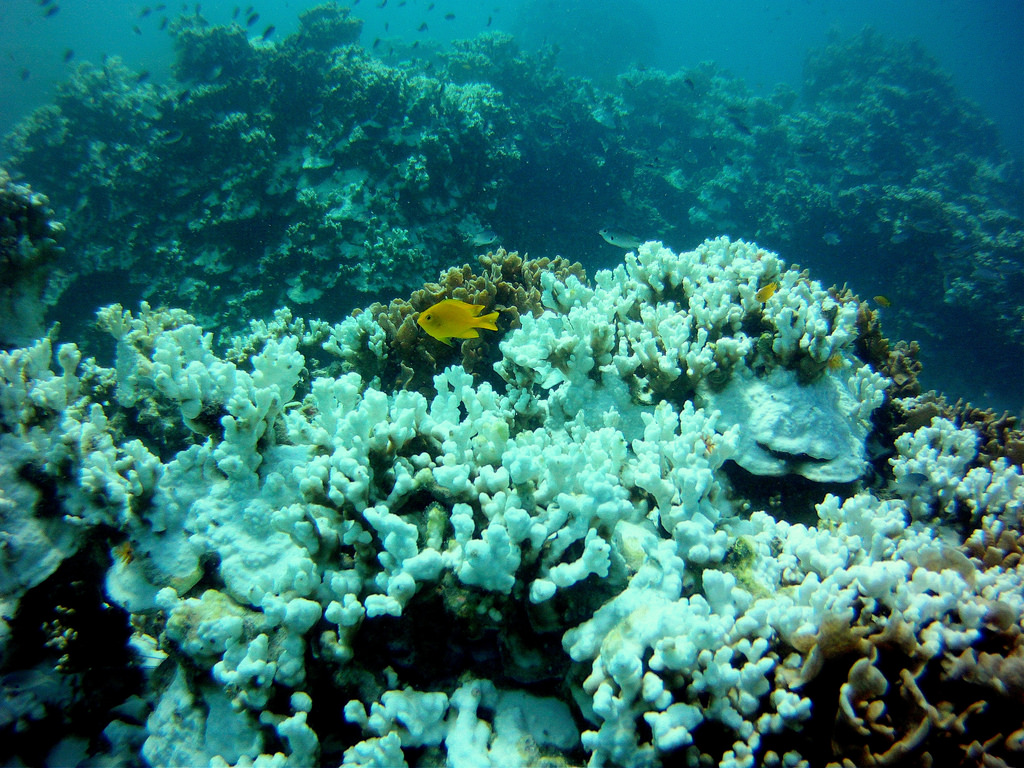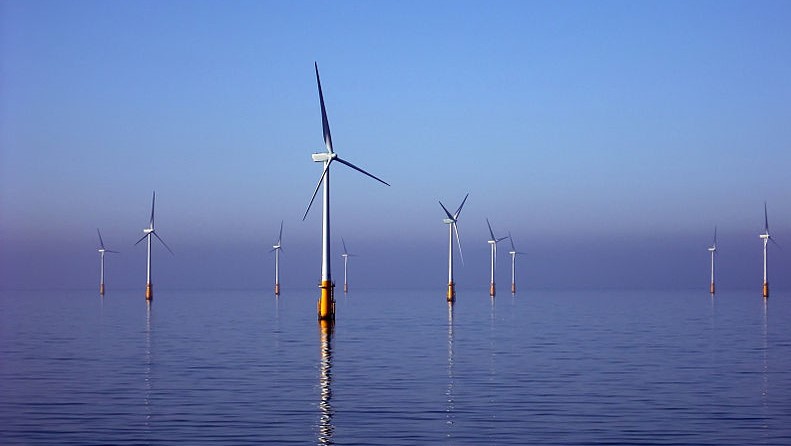‘Astronomical’ emissions leads to temporary closure of French pharmaceutical factory
July 19th, 2018
A French pharmaceutical company has temporarily stopped activities in one of its sites after the release of “astronomical” emissions of a chemical substance into the air.
A facility in southwestern France run by Sanofi, one of the world’s leading pharma companies, was recently found to be releasing 7,000 times the authorised amount of the volatile organic compounds, Bromopropane, which is classified as toxic for reproduction, according to the European Chemicals Agency.
In March, the emissions of bromopropane, a substance present in the antiepileptic drug Depakine, were190,000 times above the safe limit. The emissions reached 380,000 mg/m3, well above the legal limit of 2mg/m3.
A report released in May by DREAL, the body in charge of regional coordination of the environmental policies of the government in France, revealed the emissions levels in the Mourenx factory.
The environmental groups, France Nature Environment and Sepanso 64, asked for the factory to be immediately shut down last week, with Sanofi announcing a temporary closure for “technical improvements” in order to “understand the causes of the situation”.
“It is a step forward,” the vice-chairman of Sepanso 64, Cathy Soubles, told The Green News. She doesn’t want to talk about “a victory”, however, and the groups are expected to file a complaint against Sanofi soon.
Ms Soubles added that she regrets the time it took to reveal the story and the time lost while the emissions were still going on and reached “astronomical” levels.
Irish pharmaceutical firms
In the past 20 years, the number of biopharma companies in Ireland increased from 50 to 300 and the industry is now the “largest generators of hazardous waste in Ireland”, according to the Environmental Protection Agency.
Some pharmaceutical firms in Ireland have also been through scandals concerning their emissions levels. For instance, Takeda Ireland Ltd pleaded guilty and gave €5,000 to charity for breaking environmental regulations in Dublin, reported the Irish Examiner last May.
The values of the emissions were three times above the limit of the company’s license. The firm has said that is has since cooperated with the EPA to reduce its emissions levels,
An Bord Pleanála recently granted planning permission to Indaver for a waste incinerator in Ringaskiddy, Co Cork despite its own inspector’s recommendation to refuse the project.
Cork is home to several large pharmaceutical facilities that will “need the waste treatment services the center will provide,” according to Indaver.
[x_author title=”About the Author”]







